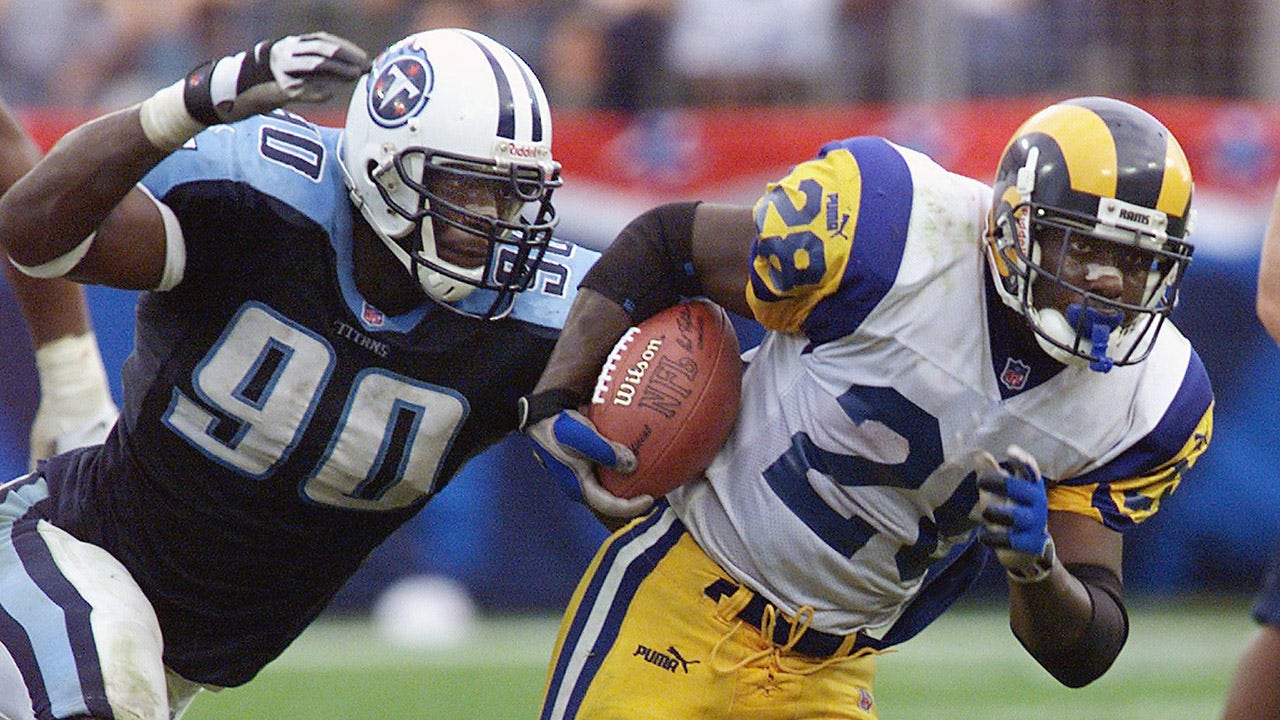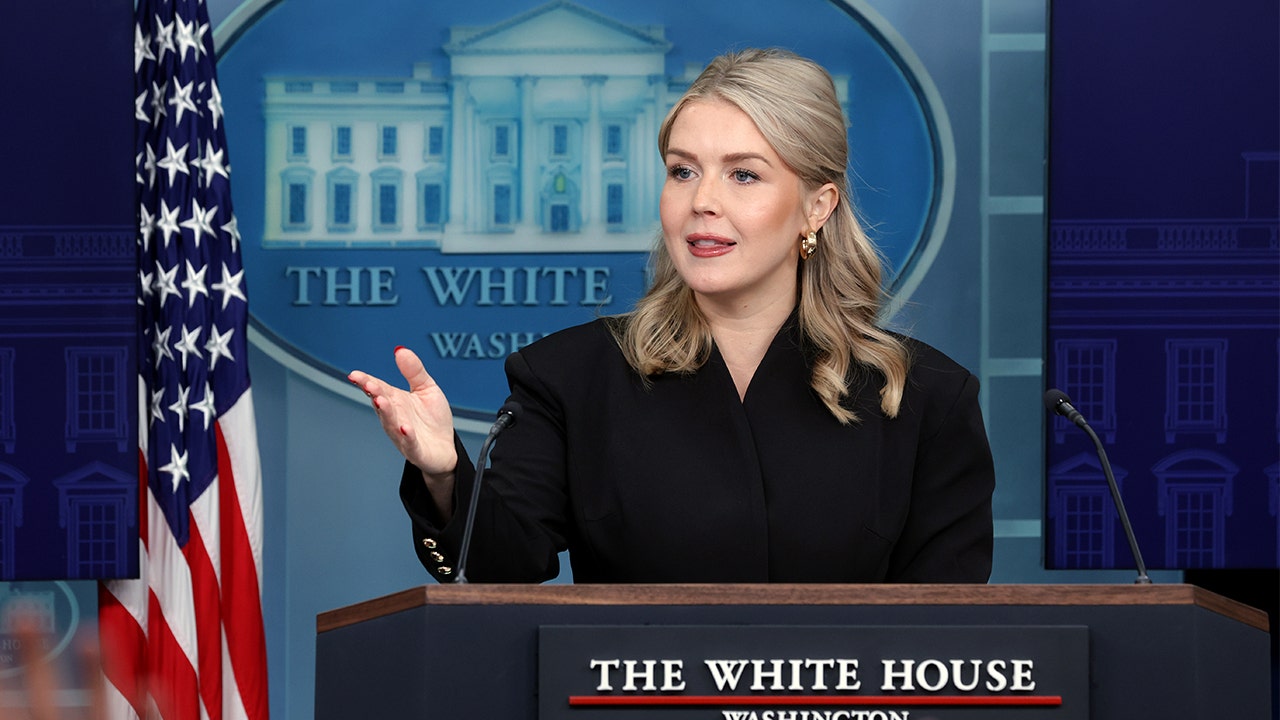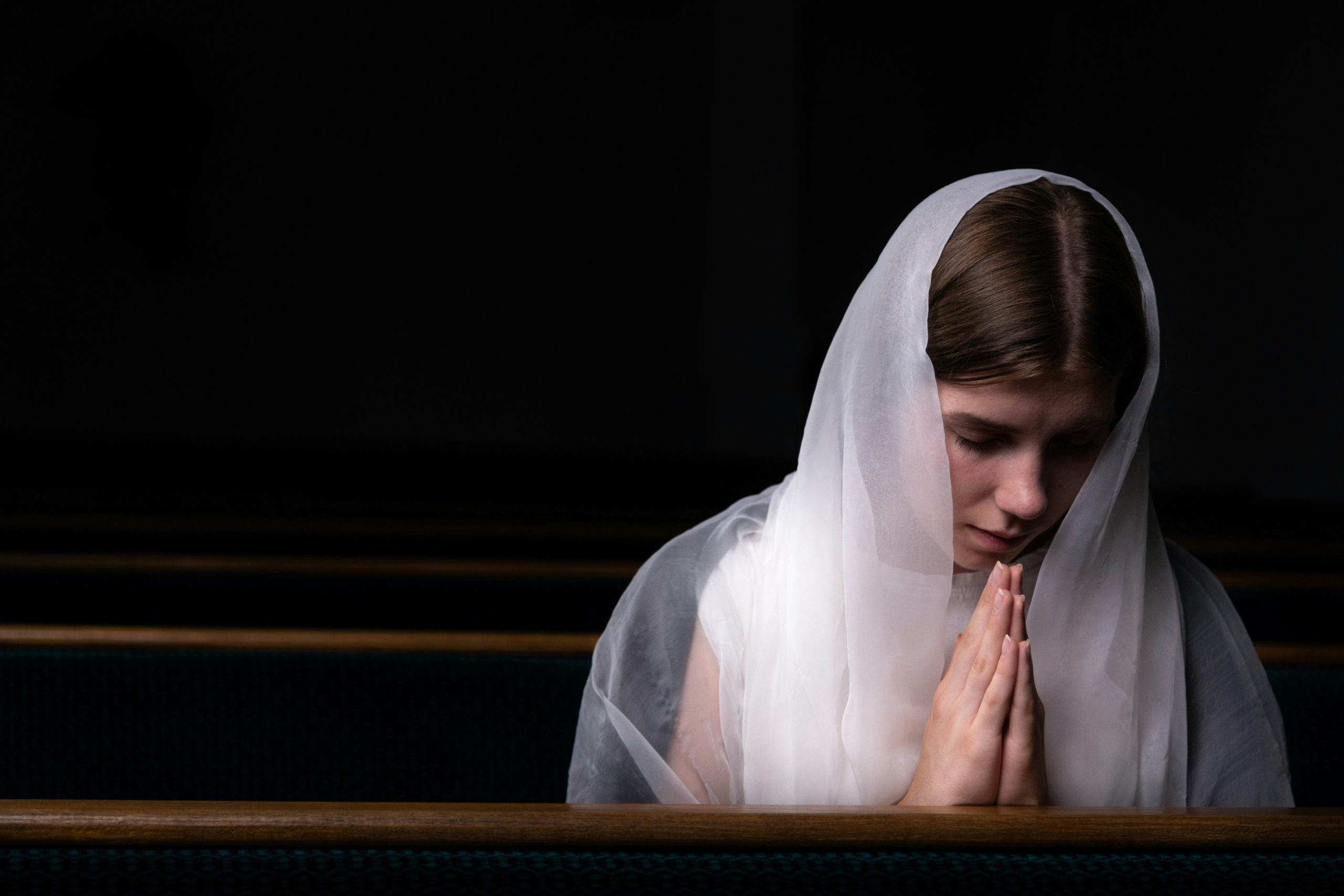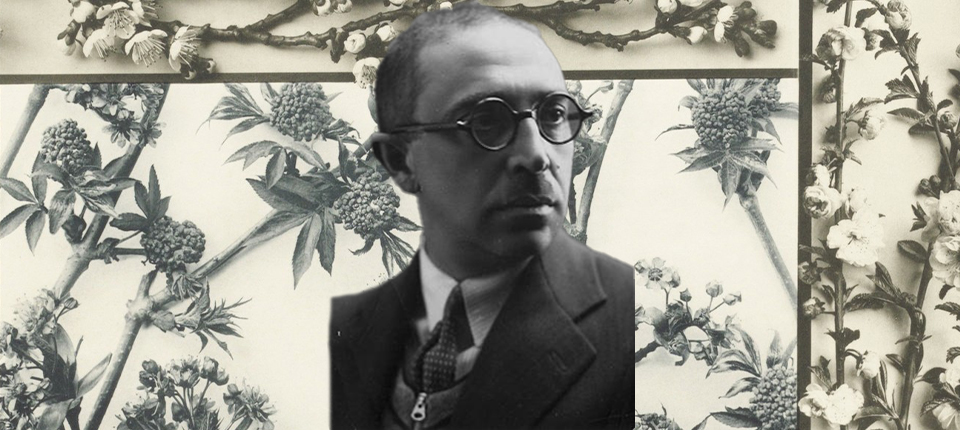The Pulitzer Prize isn’t the only major literary award, but it is the one that seems to get the most attention.
The Old Man and the Sea. To Kill a Mockingbird. The Optimist’s Daughter. The Color Purple. Lonesome Dove. Beloved. The Amazing Adventures of Kavalier & Clay. Gilead. The Road. The Goldfinch. The Underground Railroad. Whether we love them or we hate them, they are books that will always be a part of America’s rich literary history because they are past winners of the prestigious Pulitzer Prize for Fiction.
Predicting the winner for the upcoming Prize, which will be announced on May 8th, is tough. You see, with the Pulitzer, there can be big surprises. For example, I think few people would’ve guessed recent wins by Paul Harding’s Tinkers or Andrew Sean Greer’s Less. Small press books and humorous novels aren’t necessarily the common choice for the Pulitzer Prize. Similarly, short story collections and debuts are rare winners, so the announcement of Jhumpa Lahiri’s Interpreter of Maladies was a double shock as the winner in 2000. The most difficult year in recent memory to offer a correct guess, though, was 2012. No book won. Honestly, who would’ve written “none” in a prediction contest?
No matter how difficult it might be to figure out the year’s winner ahead of time, it’s still fun. It’s a way to reflect back on the literary year that was—and to uncover those works of fiction that might’ve been missed when they were released.
In shaping my predictions, previous awards, critical acclaim, general buzz, and a little bit of plain intuition are the top factors that I focus on. I also try to keep my personal feelings about my favorite books of the year away from my predictions, which is why you don’t see Sequoia Nagamatsu’s How High We Go in the Dark, Holly Goddard Jones’ Antipodes, or Silas House’s Lark Ascending included below.
Finally, before I get to what I believe are this year’s top contenders, I have to mention the following titles because they’ve been such critically beloved books this year: Sindya Bhanoo’s Seeking Fortune Elsewhere, Hernan Diaz’s Trust, David Santos Donaldson’s Greenland, Jonathan Escoffery’s If I Survive You, Percival Everett’s Dr. No, Tess Gunty’s The Rabbit Hutch, James Hannaham’s Didn’t Nobody Give a Shit What Happened to Carlotta, Jamil Jan Kochai’s The Haunting of Hajji Hotak and Other Stories, Sarah Thankam Mathews’ All This Could Be Different, and Dani Shapiro’s Signal Fires. Based on other awards and attention, these works are certainly in contention for the Pulitzer, but there are 10 other titles that I’m watching a little closer as we reach the big announcement.
So, let’s get to it. In order, here are the books most likely to win the 2023 Pulitzer Prize for Fiction:
10: Gods of Want by K-Ming Chang
I know that I’ve established that short story collections aren’t necessarily likely winners of the Pulitzer Prize for Fiction. In fact, only two have won since 2000—Lahiri’s Interpreter of Maladies and Strout’s Olive Kitteridge. But another collection has to win at some point, and 2023 seems like it could be the year. Why not go with Chang’s magical and wonderfully weird Gods of Want? I mean, seriously, it’s hard to root against a book that features ice cream, ghosts, and a plastic shark. Chang’s previous book, Bestiary, was a huge success, and Gods of Want has received some pretty sweet critical acclaim. It was on “best” lists at The New York Times and at NPR, and it was also a finalist for a Lambda Award.
9: Nobody Gets Out Alive by Leigh Newman
Another story collection that’s done well with critics is Nobody Gets Out Alive. Set in Alaska, Newman’s book turns to a group of affecting stories that focus on women and home. This one’s already been longlisted for the National Book Award and The Story Prize. It’s also appeared on many, many “best of” lists. I wouldn’t be surprised to hear its name come Pulitzer day.
8: Either/Or by Elif Batuman
Batuman’s The Idiot was a Pulitzer Prize for Fiction finalist in 2018, so this sequel, which continues to follow Selin Karadag’s collegiate journey at Harvard, is definitely on the radar when considering possible contenders. Appearing as one of The New York Times’ Notable Books of 2022 is another reason to watch for Either/Or.
7: Tomorrow, and Tomorrow, and Tomorrow by Gabrielle Zevin
Tomorrow, and Tomorrow, and Tomorrow has received numerous accolades. For example, Entertainment Weekly and Time both listed it as being among the best books of the year. It also doesn’t hurt that video games seem to really be having a moment–I’m thinking of the huge success of The Last of Us and The Super Mario Bros. Movie. While Zevin’s latest isn’t necessarily about video games, they do play a huge part in a book that navigates love, friendship, and failure.
6: The Furrows by Namwali Serpell
Books about memory and grief are kind of my thing, and it seems like many critics feel this same way—at least when looking at Serpell’s The Furrows. Serpell’s latest is one of the most acclaimed books of the year. It was a finalist for the National Book Critics Circle Award. Kirkus Reviews and Publishers Weekly (and several other publications) picked it as one of the best books of the year. It seems like an obvious contender.
5: Night of the Living Rez by Morgan Talty
I can’t talk book awards without mentioning Talty’s debut collection, which explores Native American life. This book has been seemingly everywhere. Among other recognitions, Night of the Living Rez won the PEN/Robert W. Bingham Prize and the John Leonard Prize (from the National Book Critics Circle), and it was also a finalist for the Andrew Carnegie Medal for Fiction. I’m convinced that this book will be taught for many years to come, and a Pulitzer Prize would kind of help seal the deal.
4: The Town of Babylon by Alejandro Varela
Varela’s novel is about so many things, but community is one of the book’s central focuses. And what an exploration of community The Town of Babylon provides. The Town of Babylon feels like a book of our time, and it would be a worthy winner. It was a finalist for the National Book Award, and it’s been on more “best” lists than I can count. Watch for it—and read it, if you haven’t.
3: Demon Copperhead by Barbara Kingsolver
Kingsolver is one of our most celebrated writers, and she’s never won a Pulitzer. This in itself doesn’t make Demon Copperhead a frontrunner. What makes Demon Copperhead a frontrunner is how good it is—and how timely it is. I haven’t actually met a reader who doesn’t love this book. Seriously, too. In a way, this kind of love reminds me of Anthony Doerr’s recent winner, All the Light We Cannot See. With Demon Copperhead, Kingsolver takes us deep into Appalachia in this coming-of-age novel that looks at poverty and addiction, and it’s an unforgettable story. Critics and readers alike would likely celebrate a win for Barbara Kingsolver’s Demon Copperhead.
2: The Book of Goose by Yiyun Li
The Tournament of Books is basically the greatest invention of the 21st century for book lovers. For anyone not familiar with it, this March Madness-style event pits books against one another, with a judge deciding the victor in each round. The Book of Goose was this year’s winner, and it wasn’t really that close. On a critical level, too, this expansive story about friendship and loss and love has done very well. It won the PEN/Faulkner Award. It was longlisted for the Andrew Carnegie Medal. It made the “best” list at places such as TIME, Los Angeles Review of Books, San Francisco Chronicle, and LitHub. Yiyun Li is an incredibly respected writer. The Book of Goose would be my top choice if it weren’t for…
1: Bliss Montage by Ling Ma
I know. I know. It’s a short story collection. So few of them have won over the years. But it’s time! Plus, this book is spectacularly good. I read it a few weeks back (I missed it somehow when it was released), and I can’t stop thinking about it. It captures who we are perfectly—reflecting that American life theme that the Pulitzer likes to honor. In Bliss Montage, Ma looks at issues of loneliness, home, motherhood, and love. Ma has already won two major awards for Bliss Montage: the National Book Critics Circle Award and The Story Prize. A third one could very well be on the way.
That’s it. I think it’s between Kingsolver, Li, and Ma, with one fantastic story collection claiming victory. I mean, another story collection has to win at some point, right?
No matter what book takes the Prize, I think literature is also a winner on Pulitzer day. The world will be talking about—and celebrating—the written word. That’s a pretty great thing.


























































